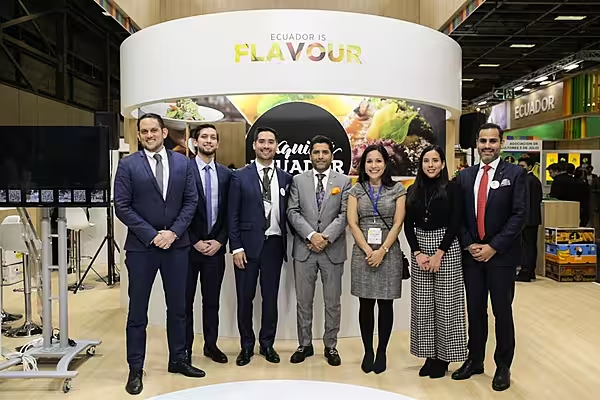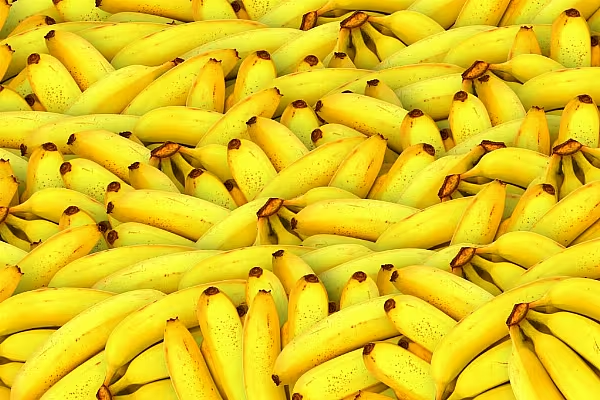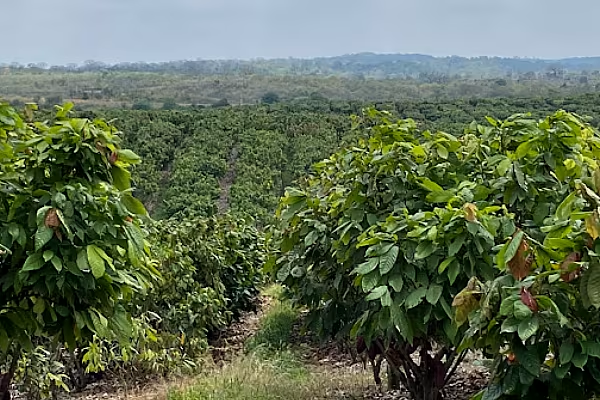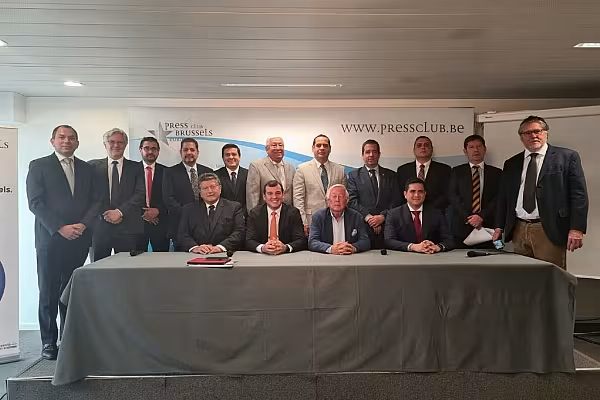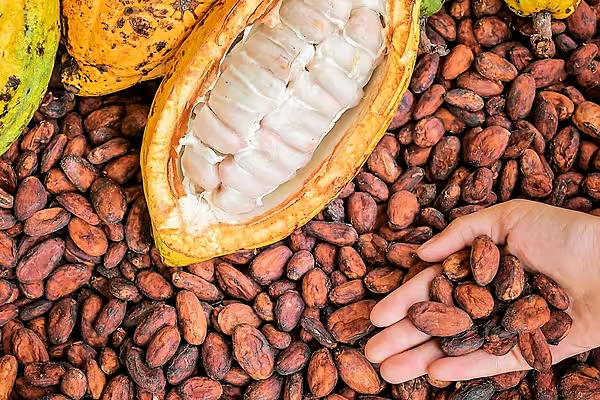As well as being the number one producer of bananas in the world, Ecuador has invested in its trade networks in recent years to supply a wide range of products to countries around the world, sourced from high quality producers.
Recently, the Latin American country unveiled a new strategic plan, 'Ecuador Premium And Sustainable' to promote its quality, productivity and traceability attributes, as well as its commitment to a fair wage for workers and zero deforestation.
ESM spoke to Ivan Ontaneda, Ecuador's Minister of Foreign Trade, about the initiative.
ESM: How did the 'Ecuador Premium And Sustainable' campaign come together?
Ivan Ontaneda: Through the 'Premium and Sustainable' campaign, we are telling the world what Ecuador can offer – we are the number one producer of bananas in the world, the number one producer of sustainable shrimp in the world, the leading producer of fine aroma cocoa in the world, the second largest producer of tuna in the world, and the second largest producer of roses in the world.
In that sense, we want to maintain that tradition and good name that our Ecuadorian products have maintained, mainly in the private sector and now hand in hand with the public sector.
Where do you see the most potential for growth in Ecuador's export industry?
Today, our main export products are sourced from the agri-food industry, so we have ensured we have adequate public policy in this area – we have lowered tariffs for raw materials and machinery with the aim of giving more competitiveness to the agriculture industry as well as small producers, as well as develop our message around sustainability.
We believe in sustainability in a profound way. Sustainability is an economic model that is self-sustaining with good production. Purchasing should not only guarantee a good price, but also good quality and production.
In what ways has Ecuador sought to improve the quality of its production practices in recent years, to better tap into the 'premium' market?
Ecuador's agri-food industry, together with the government, has adopted a number of regulatory frameworks that guarantee compliance with the basic requirements of the markets to which we export, in terms of safety, social responsibility and environmental care.
These new agricultural practices are the first step and we are one of the few countries in Latin America that already apply them as a state policy.
Ecuador recently signed a free trade agreement with the EU – in what ways has this benefited the country's export market?
Since the signing of the multiparty agreement with Europe, exports have seen sustainable growth of approximately 7% to 8% annually. It has meant that many products that previously paid tariffs to enter the European economic bloc no longer have to pay these tariffs, resulting in greater dynamism and an increase in exports.
In addition, Europe is selling more to Ecuador and we receive much cheaper machinery without tariffs, meaning we can have access to better technology at a better price, and in turn we can offer higher quality at a better price for our buyers. It has become a win-win situation. We continue to develop our commercial agreement with Europe.
© 2020 European Supermarket Magazine – your source for the latest retail news. Sponsored content. Click subscribe to sign up to ESM: European Supermarket Magazine.
